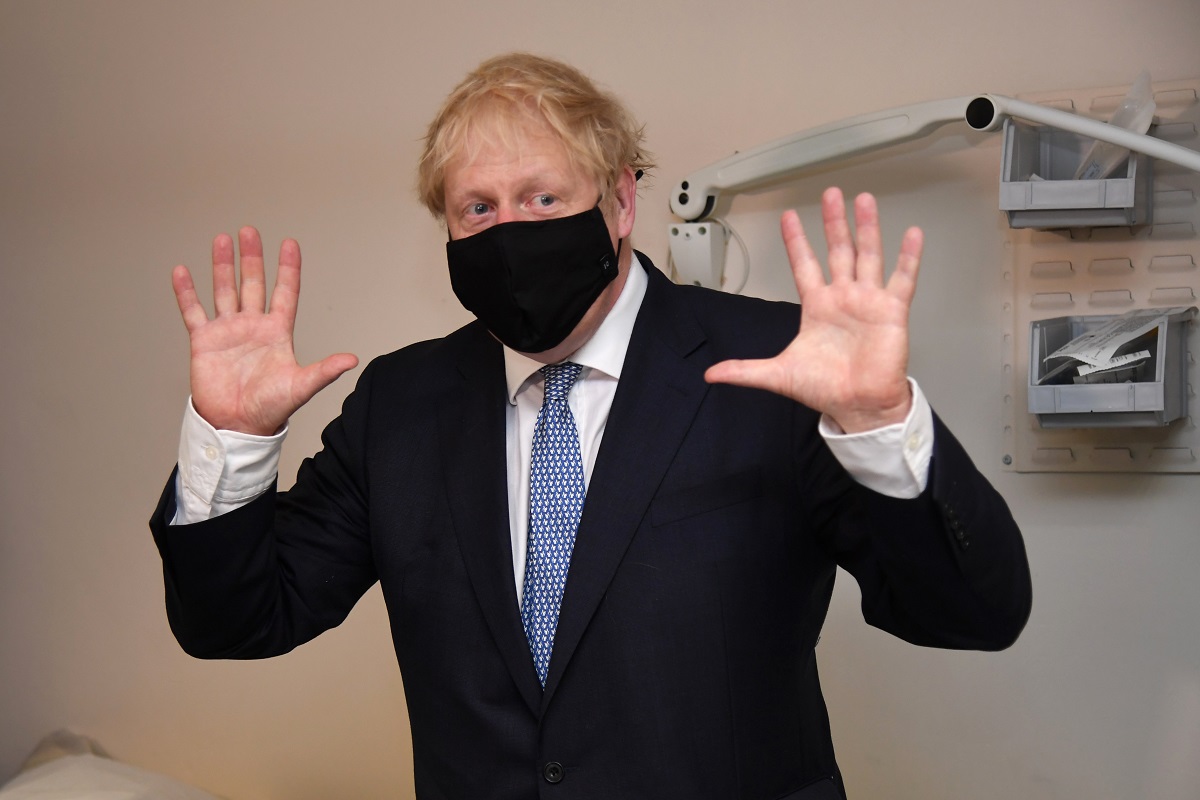Jaishankar to leave for UK, Ireland on Tuesday
External Affairs Minister S Jaishankar will leave here on Tuesday on an official visit to the United Kingdom and Ireland from 04 -09 March.
Last week, Johnson promised an “independent” inquiry into the pandemic, but no details have been given of its scope or timing.

Britain's Prime Minister Boris Johnson (Photo: AFP)
UK Prime Minister Boris Johnson on Friday admitted that the government did not understand coronavirus during the “first few weeks and months” of the country outbreak.
In an interview with the BBC, PM Johnson said there were “very open questions” about whether the lockdown had started too late.
Advertisement
Johnson also spoke of “lessons to be learned” and said ministers could have done some things “differently”.
Advertisement
More than 45,000 people in the UK have died after testing positive for coronavirus, government figures show, with almost 300,000 cases confirmed.
Last week, Johnson promised an “independent” inquiry into the pandemic, but no details have been given of its scope or timing.
The prime minister added, “I think it’s fair to say that there are things that we need to learn about how we handled it in the early stages…There will be plenty of opportunities to learn the lessons of what happened.”
The UK went into full lockdown in late March, which critics say was too late and cost lives.
On Sunday, Johnson said, “I can’t abandon that tool any more than I would abandon a nuclear deterrent. But it is like a nuclear deterrent, I certainly don’t want to use it. And nor do I think we will be in that position again”.
Johnson’s remarks come as councils in England have been given “lightning” lockdown powers.
On Friday, the government announced that 30 million people in England would be offered a flu vaccine this year, to reduce pressure on the NHS in case of a surge in coronavirus infections during the autumn and winter.
The prime minister, who was himself placed in intensive care in April after contracting coronavirus, said he would “very soon” set out an new measures to deal with obesity, seen as an added risk factor for patients.
Late June, the government had decided to ditch a 14-day quarantine period for people arriving from countries it deems to be lower risk for COVID-19.
The quarantine policy proposed on June 8 people arriving in the country have to go into self-isolation at a designated address for 14 days as a condition of being allowed through frontier posts.
In December, Johnson’s Conservative Party pulled off a convincing general election win over Jeremy Corbyn’s Labour, after promising to “level up” all parts of the UK.
(With inputs from agency)
Advertisement